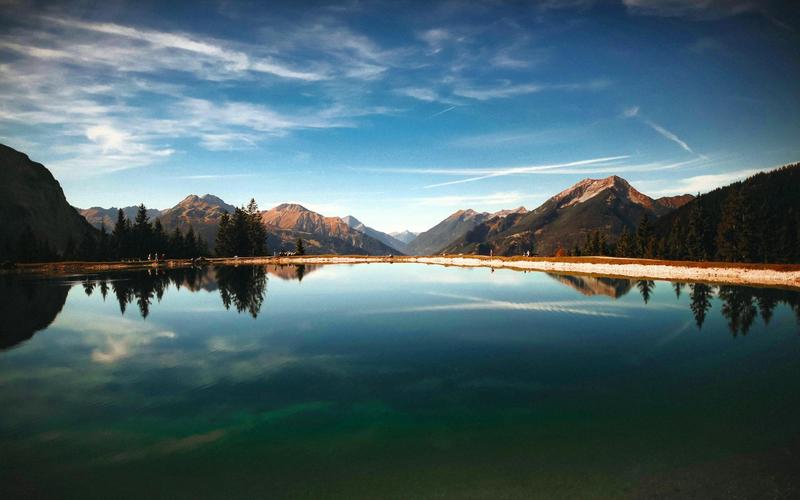Canada is a country with a diverse and rich cultural heritage that spans across centuries. From the indigenous peoples who have inhabited the land for thousands of years to the numerous waves of immigration that have shaped the country into what it is today, Canada is an excellent example of a multicultural society that values and celebrates its past.
Exploring Canada’s rich cultural traditions is a journey through time and diversity that highlights the country’s unique history and the fusion of cultures that have made it what it is today.
Indigenous Peoples
The Indigenous peoples of Canada are the First Nations, Inuit, and Métis. They have inhabited the land for thousands of years with a rich and diverse culture that has been passed down from generation to generation. The Indigenous peoples have contributed significantly to Canadian culture and are an essential part of the country’s history and identity.
The Indigenous peoples’ art, music, dance, and storytelling focus on their connection to nature and the spiritual world. Their culture also highlights the importance of community and family, and their various traditional practices have facilitated their sustainable livelihood and unique traditions.
European Explorers
Canada was discovered by various European explorers, including John Cabot, Jacques Cartier, and Samuel de Champlain, who arrived in the 15th and 16th centuries. These explorers colonized Canada, leading to the development of significant trade relationships, including the fur trade. Their exploration brought new cultures and traditions to the land, and their influences remain to this day.
The French
In the 17th and 18th centuries, the French established their colony in what is now known as Quebec, which became the focal point of French culture in Canada. The French-speaking community contributed significantly to Canada’s history, architecture, art, and cuisine. Although Quebec is known as a French-speaking province, French-Canadian culture has also spread across Canada. This influence is seen in the architecture and street names across Canada, along with the cuisine, such as the famous poutine.
British Influence
The British influence on Canada began when the British took over from the French. It is noteworthy that specific towns like Halifax in Nova Scotia maintain significant links to British culture and often refer to themselves as “Little Bristol.” Throughout the 19th century, many immigrants from Great Britain came to Canada, bringing with them their culture, including their royal heritage, which remains visible in modern-day Canada. Canadians celebrate the Queen’s Birthday and other historical events that align with the British Royal Family.
Diversity and Inclusion
The fusion of cultures has shaped Canada, making it one of the most diverse countries globally, and this is something that Canadians are proud of. In Canada, people from different cultures live together in harmony, promoting diversity and inclusion. The country has various cultural festivals, such as the Caribbean carnival, Indigenous Pow Wow gatherings, and Chinese New Year celebrations, attracting visitors from all over the world.
Conclusion
As we have seen, exploring Canada’s rich cultural traditions is a fascinating journey through time and diversity that continues to shape the country’s identity. From the indigenous peoples, European explorers to modern-day Canadians, every community and culture has contributed to the country’s unique story. Canada’s achievements in embracing diversity and promoting inclusion demonstrate its commitment to living up to its motto, “out of many, one people.”
(Note: Do you have knowledge or insights to share? Unlock new opportunities and expand your reach by joining our authors team. Click Registration to join us and share your expertise with our readers.)
Speech tips:
Please note that any statements involving politics will not be approved.
